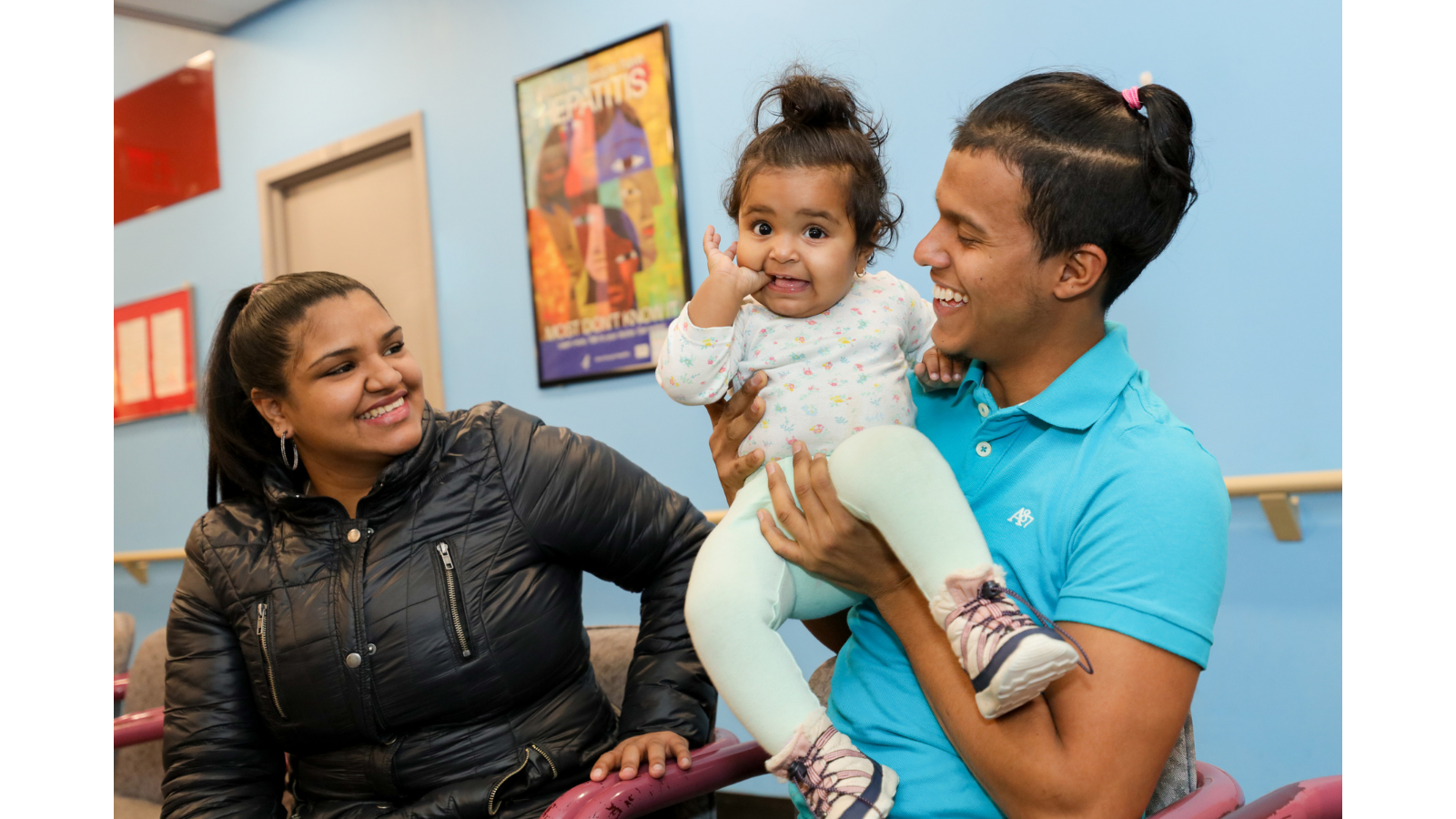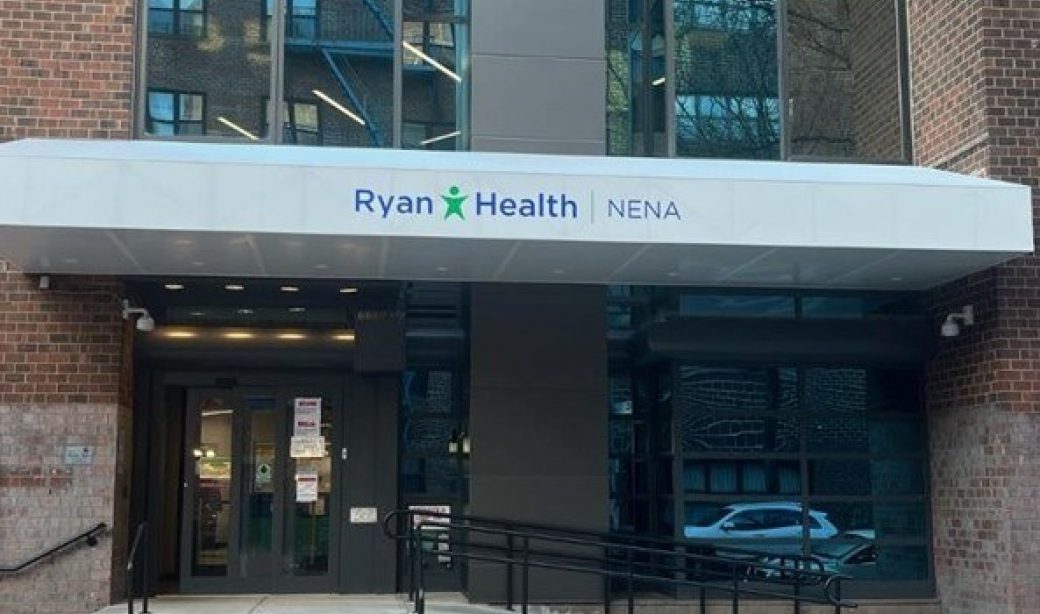News | Community
FOCUS ON…Hispanic Health Care with Phillip Rico Martinez, MD, Associate Medical Director

My first experience with the health care system was watching my father’s frustrations with getting connected to medical care. We didn’t really have a relationship with a physician. Like many in my community, we often relied on traditional remedies or herbs when members of my family were ill. We associated the medical system with long waiting times, impersonal care, and large bills. When there was a serious problem we went to the emergency room, but otherwise lacked any formal medical follow-up or continuity of care. As in many Hispanic families (we’re Puerto Rican and Filipino), these attitudes and perceptions towards the medical health care system are common.
My father had medical issues with his heart. He never realized the importance of getting medical care, or how to get established with a primary care doctor. It wasn’t until he found a cardiologist who spoke Spanish and was able to explain his health condition that the trips to the emergency room stopped and he began to focus on prevention.
I grew up in Newark, New Jersey in a diverse Latino and African American community, with a changing socioeconomic condition impacting the area. I am an east coast kid -- I went to undergrad at Johns Hopkins University in Baltimore, MD, studied medicine at Harvard University, and entered the primary care program at Yale University in New Haven, CT where I continued to provide care to urban inner-city communities.
During my studies, I discovered my passion for primary care and prevention and always knew my path would bring me back to provide care in a community like where I grew up. My first job after residency was with Ryan Health and I am thrilled to have found my community working at Ryan Health |NENA in the Lower East Side.
NENA has a great community feel. Every day, I work alongside a team of dedicated compassionate providers, nurses and patient care advocates who actively engage the community in their health. I see patients who say they grew up coming here, and now they’re bringing their kids. Having a last name like mine — Martinez — makes many members of the community feel more comfortable coming through the doors. That’s a good feeling, and of course, I see all kinds of patients. There is a hesitancy in the Latino community to get into the health care system. I’m glad my name can make them consider focusing on preventive health care. I begin many sessions speaking in Spanish and then bring in an interpreter so that everyone is certain of our conversation.
NENA is what a community-based health center should be. We have a terrific support staff and nurses who have been working here for years. Patients are referring friends and family to us because of the continuity of care teams including the front office staff and the nurses. About one-third of my patients are Latino. Many of my patients are dealing with diabetes, high blood pressure, or obesity. Of course, those are all intertwined. We need to approach them in a coordinated way, and not always with medications. Often, small lifestyle adjustments have a big impact.
For instance, rice is a large part of Latin diets, and it’s not feasible to ask someone to cut it out of their diet. But there are healthier substitutions, like brown rice instead of white rice. I suggest changes that fit within their budget, but that are also something they want to eat. We also engage our patients in a team-based collaborative approach. For example, for our patients struggling with diabetes, we have Spanish speaking Diabetes educators and nutritionists who work alongside the patient and provider to actively engage patients in their care plans and promote optimal lifestyle choices and health outcomes.
The larger issues facing the community are the social determinants of health — housing, employment, food insecurity, and transportation. Those are complex issues, and ones that should not be barriers to getting health care. Ryan Health has resources that can point people in the direction for assistance with those, like our Here For You platform as well as our insurance navigators.
Another big challenge right now is mental health. The ongoing pandemic has impacted us all, and while the physical effects of COVID-19 are well documented, it continues to place a tremendous mental health burden disproportionately affecting Latino and other underserved communities. Our Behavioral Health Integration team contains Spanish speaking counselors to help meet the mental health needs of our patients and engage in 1 on 1 therapy tailored for our patient needs. Ultimately, it’s difficult to make any progress toward your physical health unless your mental health is secure.
My father’s experience with health care is common, and it shouldn’t be. While finding a provider who understands your culture and background may take some time, it is one of the best ways to ensure you get the health care you need before it’s an emergency. At Ryan Health, we are dedicated to our founding principle that “Health Care is a right, not a privilege.” During Hispanic Heritage month, we look forward to celebrating our Latino Community and continuing our mission to improve health care access and outcomes for all members of our community.
